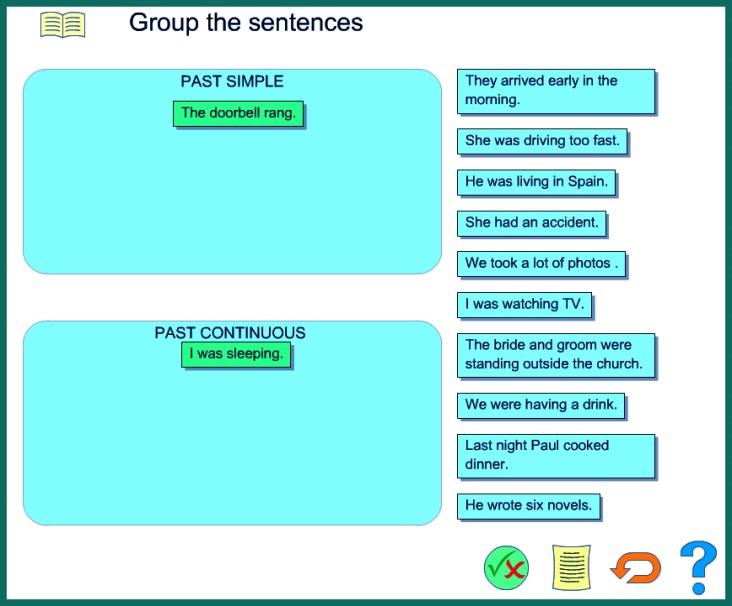Grade: 6 “?”
The theme of the lesson: Unit7. Step1. Future. What is Jane going to do?
The aims of the lesson:
Educational: learning pupils about the structure to be going to do.
Cultural: bring up pupils how to be friendly to each other.
Developing: develop pupils’ speaking and reading habits,
thinking abilities on the material.
The type of the lesson: mixed
Visual aids: cards, pictures
Methods: question-answer, individual work, dialogue.
The Plan of the lesson
- Organization moment
- greetings
- making of the absentees
- asking the day and the date
- Warm-up. Discussion about environment.
- Checking up the homework
- What was your home work for today?
- Our homework was ex:6-8
- Are you ready?
New theme. Grammar.
Когда мы хотим сказать что-то в будущем времени английского языка, используем как will, так и to be going to, но между ними есть четкая разница.
Рассмотрим следующие примеры:
- Will используем,когда решение что-то сделать возникает в процессе разговора, а не заранее.
Например, два друга беседуют о походе в кино.
John: Did you buy tickets for the concert?
James: Not, I’ve forgotten about these tickets. I willbuy tomorrow.
- To be going to используем, когда уже принято решение что-то сделать заранее.
Например, изменим ситуацию, но друзей и тему оставим.
John: Did you buy tickets for the concert tomorrow?
James: Not, but I am going to buy tickets in the evening today.
Вот другие примеры:
Я готовлю еду и вижу, что нет муки, поэтому говорю мужу.
I: Honey, we don't have any flour.
My husband: Ok, I will get some from the supermarket.
(решение принимается в момент разговора)
Перед уходом он говорит мне:
My husband: I'm going to get some flour from the supermarket.
(решение уже принято)
Теперь рассмотрим случай, когда речь идет о предсказание будущих событий.
Следует использовать как will, так и to be going to,чтобы сказать о будущих событиях:
-Ex:1. Read and match the sentences with the words.
- Carol is going to take a shower at 8 o’clock.
- Ann is going to play tennis at 4 o’clock.
- Jennifer is going to watch TV at 6 o’clock.
- Jane Evans is going to cook a meal at 3 o’clock.
- Jane is going to read a book at 10 o’clock.
- Jane is going to have lunch at 1 o’clock.
1) He his friend. (to phone)
2) We a new computer game. (to play)
3) My sister TV. (to watch)
4) You a picnic next Tuesday. (to have)
5) Jane to the office. (to go)
6) They to the bus stop this afternoon. (to walk)
7) His brother a letter to his uncle today. (to write)
8) She her aunt. (to visit)
9) I my homework after school. (to do)
10) Sophie and Nick their friends. (to meet)
Put in the verbs in brackets into the gaps and form sentences. Use going to-future.
- Consolidation
Answer the questions.
- Giving the homework
Exercise: 5.
- Giving marks
- The end of the lesson
We have finished our lesson. You are free.

















